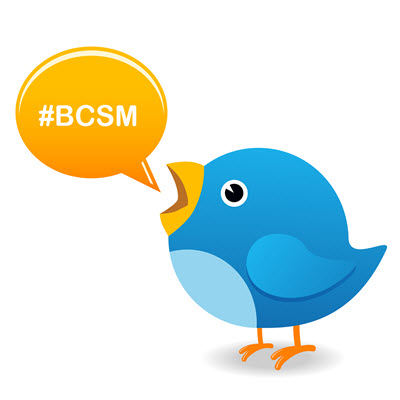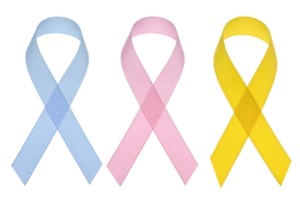 Ovarian cancer has a nasty reputation.
Ovarian cancer has a nasty reputation.
Many place ovarian cancer in the role of Grim Reaper.
We’ve been told it is difficult to detect and that leads to a late-stage diagnosis. Few expect long-term survival.
A new study suggests a better outlook for patients diagnosed with this often-silent form of cancer.
Better Than Thought
UC Davis researchers reviewed records of more than 11,000 California women who received an ovarian cancer diagnosis between 1994 and 2001.
The study tracked survival information for these women up to 2011. The results offer helpful information for patients and physicians alike.
- One in three women (31%) from the study survived more than 10 years
- The majority of long-term survivors were younger, had an early-stage diagnosis or had lower-risk tumors
But that’s not unexpected. What stood out to the researchers was the fact that over one quarter (26.6%) of long-term survivors had a prognosis considered to be high-risk for dying from the disease.
“Many patients and physicians know that ovarian cancer is a dangerous cancer, but they don’t realize that there is significant biological variability among patients. It’s not a uniformly fatal prognosis.”
Study co-author Gary Leiserowitz. M.D.
Survivor Success Story
The UC Davis press release shared one survivor’s story. Jacqueline Price received her stage IIIC diagnosis at age 60. She is now 74.
Jacqueline expressed she could not imagine missing the past 15 years. She is an advocate for other ovarian cancer patients and organized a “healing circle” support group.
Never rule out the heart of a survivor.
Walk on.
Note: Cathy Miller is not a physician. Nothing on this site is intended to offer medical advice, treatment or services for you or any other individual. The resources provide general information for educational purposes only. This site and links to other sites do not substitute for professional care. You should seek the advice of your physician or other healthcare provider.

